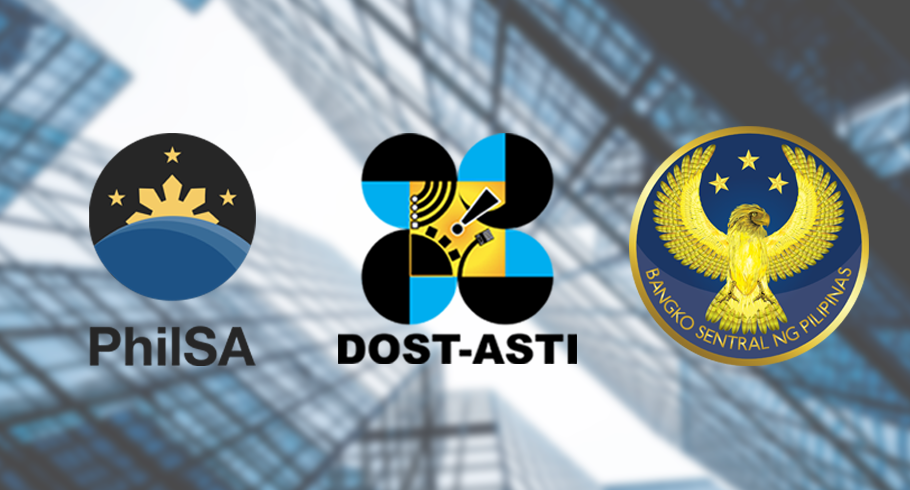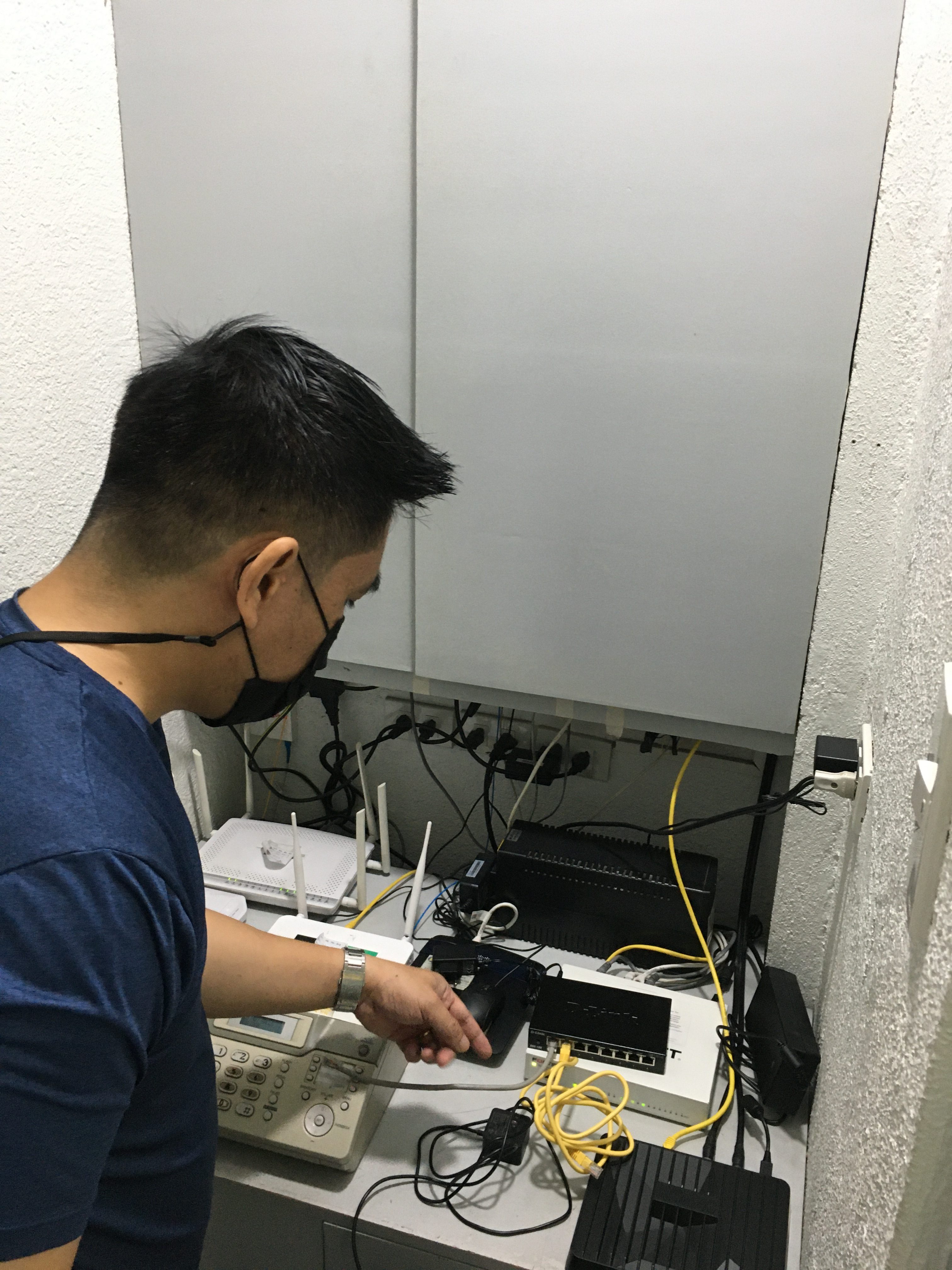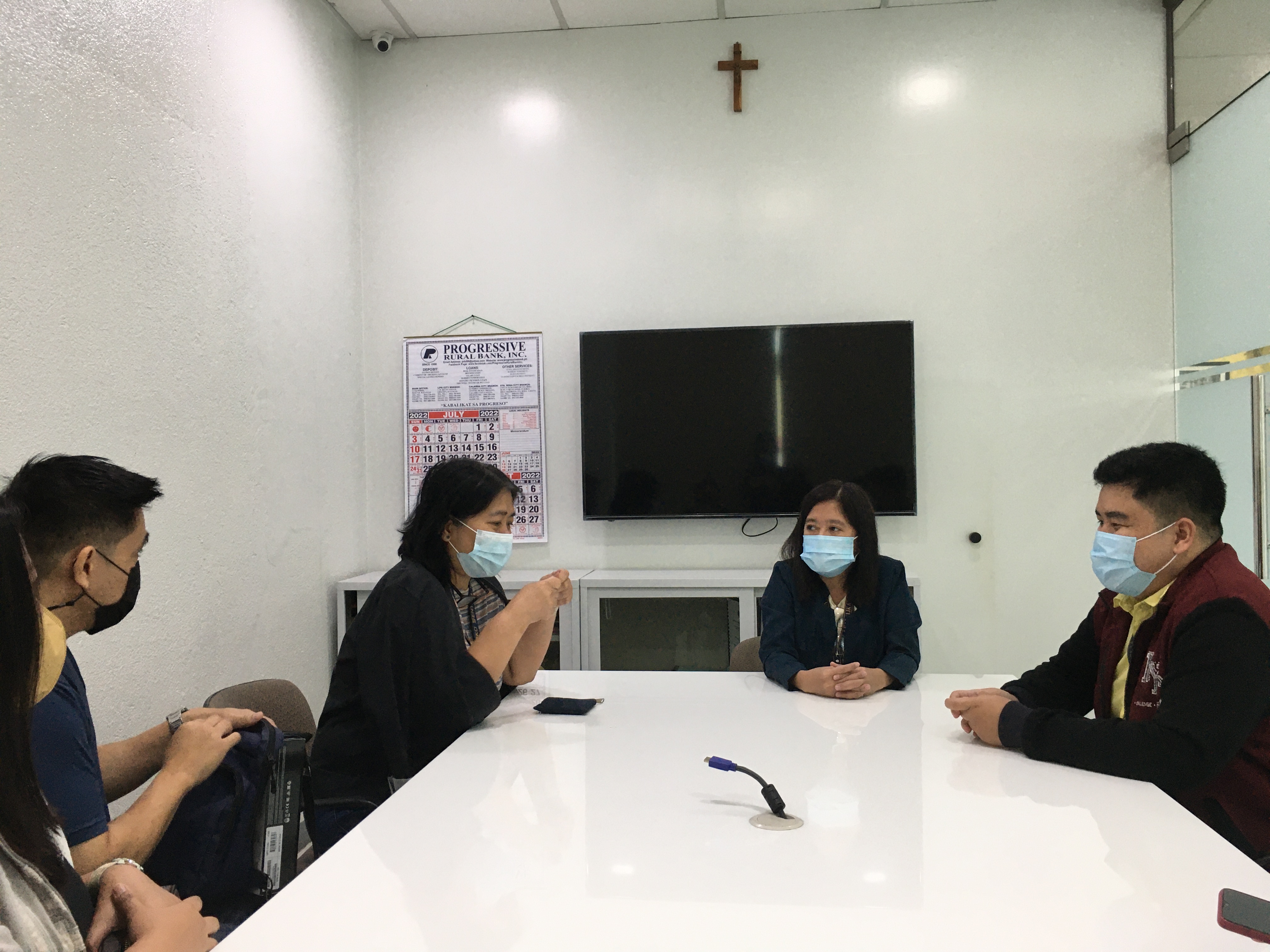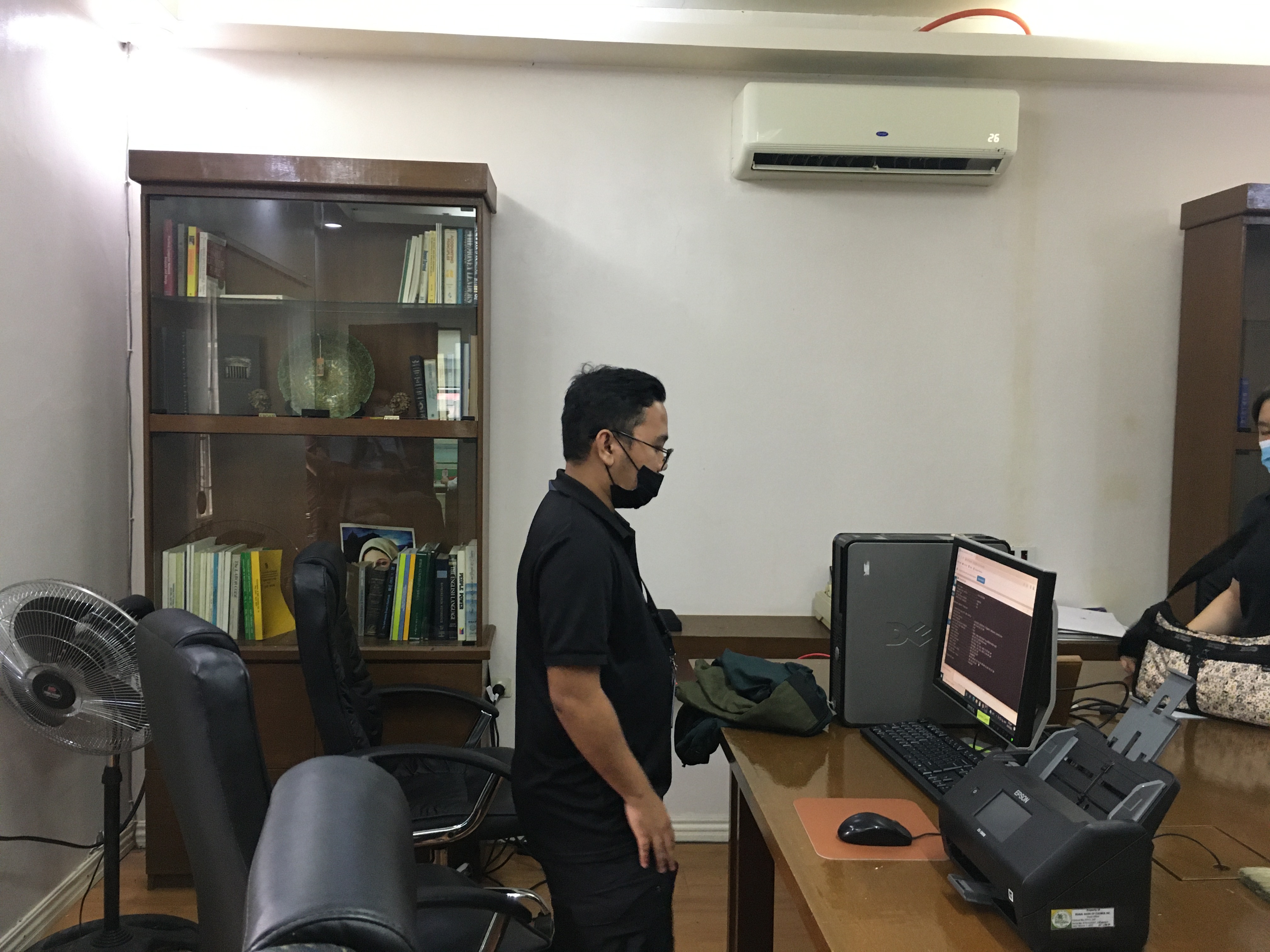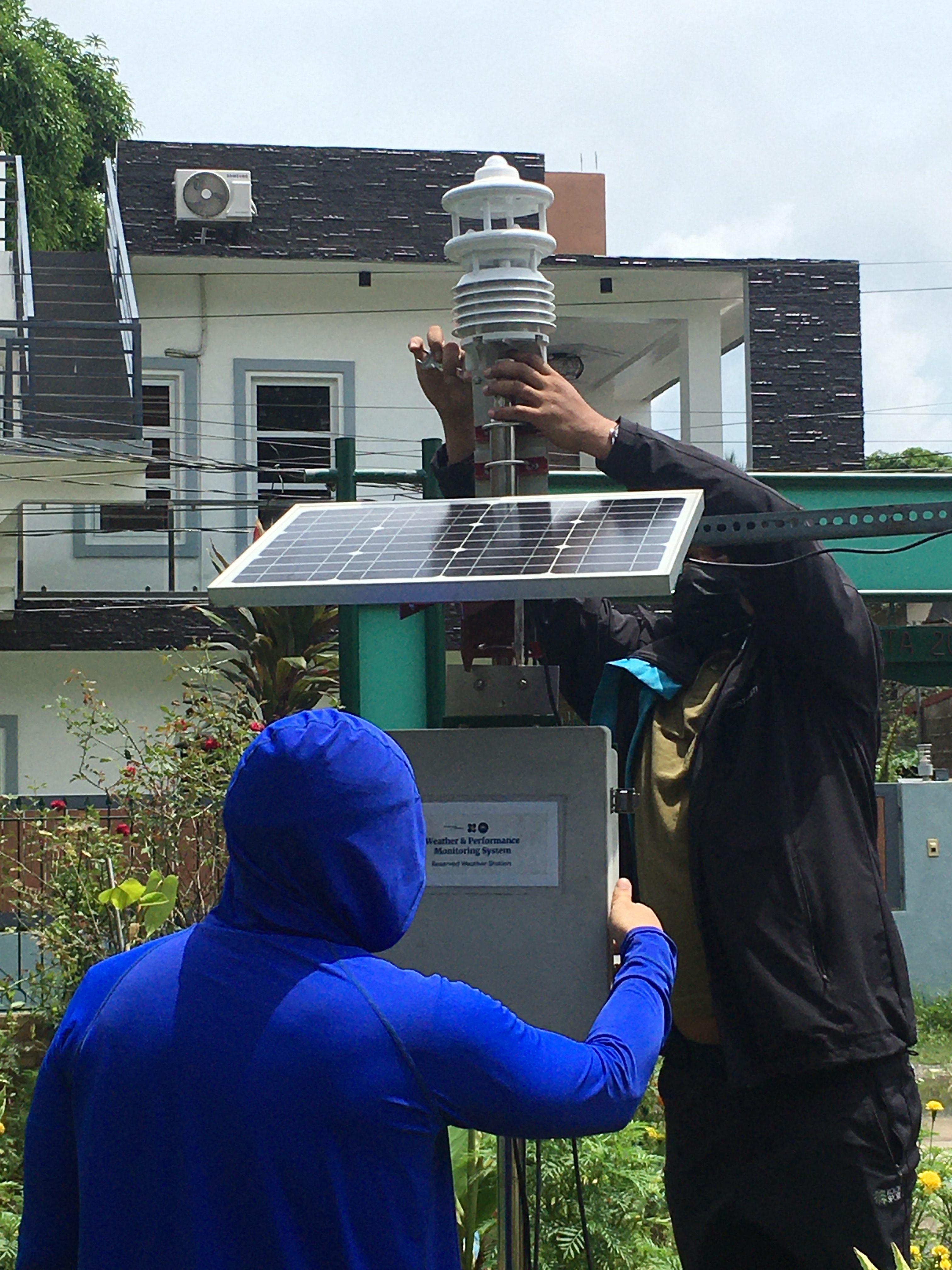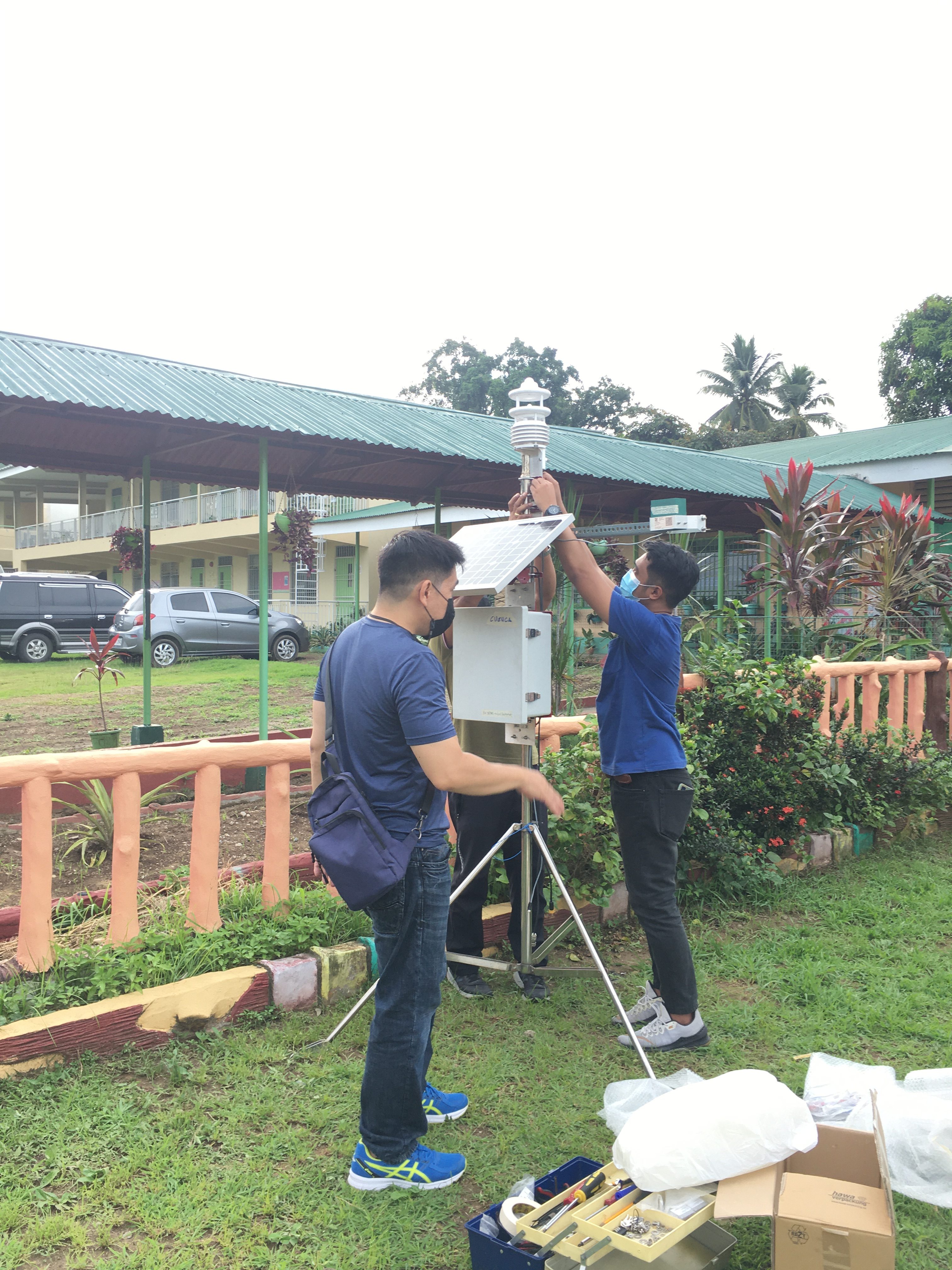The Philippine Space Agency (PhilSA), the Department of Science and Technology Advanced Science and Technology Institute (DOST-ASTI), and the Bangko Sentral ng Pilipinas (BSP) have taken the first steps toward financial inclusivity through satellite internet.
On 28 and 29 July, technical teams of PhilSA, DOST-ASTI, and BSP initiated the test deployment of the satellite internet service provided by iOne Resource, Inc. in two rural banks in Batangas–The Progressive Bank of Malvar and the Rural Bank of Cuenca. The said banks have earlier been identified by the Department of Information and Communications Technology (DICT) to be situated in Geographically Isolated and Disadvantaged Areas (GIDAs), where installation of additional terrestrial networks to boost connectivity may not be feasible.
The provision of technical support to BSP is in line with PhilSA’s mandate to enable other government agencies or departments, as well as the private sector, to perform their duties with the use of space science and technology applications and space data. “PhilSA and DOST-ASTI will process data to look at the network performance against the actual connectivity needs of the banks. Information from these reports will be utilized by BSP as we move this partnership forward,” PhilSA Space Business Development Division Officer-in-Charge Ms. Ma. Victoria Gazmin-Basto said.
A Weather and Performance Monitoring System (WPMS) apparatus, developed by DOST-ASTI, was set up at locations near the two banks to gather data. The WPMS is equipped with a network performance monitoring device connected to the satellite internet user equipment deployed at the Progressive Bank of Malvar and the Rural Bank of Cuenca. The said device measures network parameters such as upload and download speeds, throughput, latency, and jitter, among others. In addition, the WPMS consists of weather stations to simultaneously observe weather conditions such as rain, temperature, humidity, and pressure. The collected data will then be analyzed to examine and evaluate the performance and reliability of the satellite internet service under local weather conditions.
“DOST-ASTI welcomes this collaboration with PhilSA and BSP to demonstrate ASTI’s locally-developed technologies in applications that benefit the Filipino people. Aside from the WPMS, we are exploring how we can take our other homegrown technologies out of our labs and be of service, such as in bridging the digital divide and in improving financial inclusivity,” DOST-ASTI Senior Science Research Specialist Bryan Paler said.
In the future, DOST-ASTI plans on harnessing the gains from the partnership by further educating people about financial literacy. “Aside from doing research on the efficiency and effectiveness of satellite internet services for banks, we also plan on using digital TV technology and internet infrastructure that we are developing to teach people in the unserved and underserved areas about financial literacy. We don’t just plan to equip them with the technology, we want to teach them how to use it for their betterment,” said DOST-ASTI engineer John Chris Kwong.
Out of 1,634 municipalities in the country, 33% or 533 municipalities are still unbanked and do not have access to financial inclusion services. “We believe in the capability of satellite technology to enhance connectivity in rural areas, thereby expanding the capacity of banks to provide digital financial services and promote greater financial inclusion in unserved and underserved areas,” BSP Governor Felipe M. Medalla said.
With enhanced connectivity in rural areas, digital financial services such as remittances, bills payment, and opening transaction accounts, among others, would be more inclusive and accessible.
A Memorandum of Understanding (MOU) among PhilSA, DOST-ASTI, and BSP to promote access to high-quality financial services powered by internet connectivity is underway. This effort will further enable digital inclusivity as transactions and services move to online platforms.




